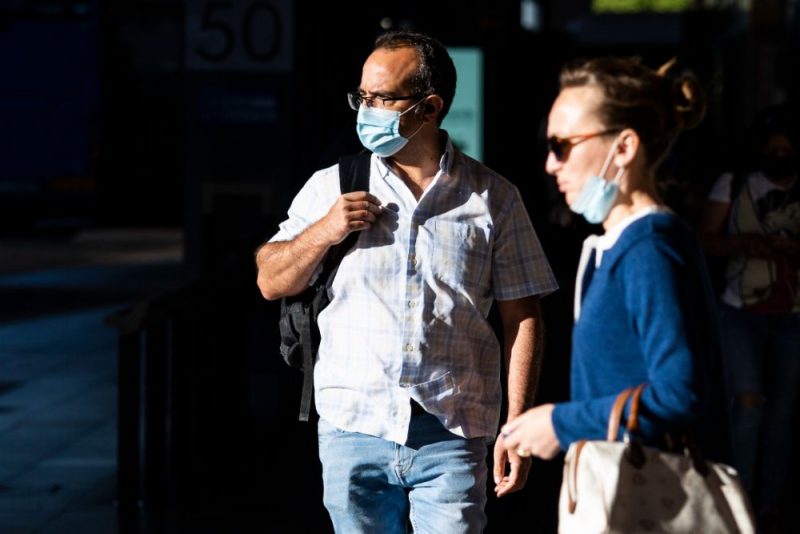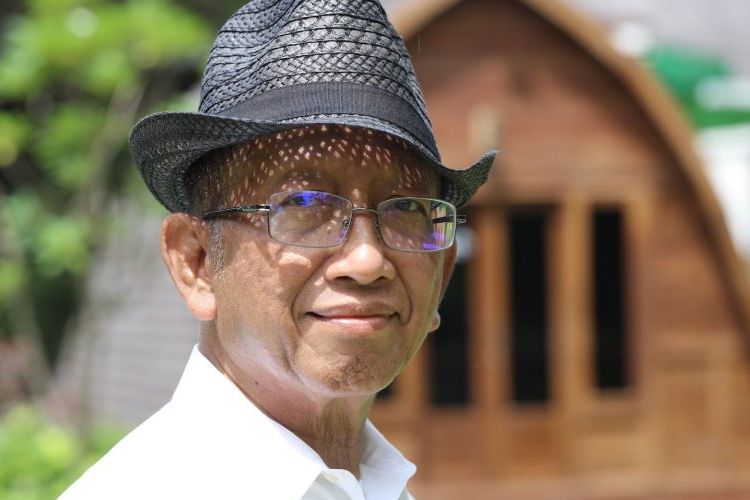
Photo: Zumapress / Scanpix / LETA
The Lithuanian government on Wednesday supported stricter restrictions for those who have not been vaccinated against Covid-19 or have contracted the disease.
–
The news
The vaccination certificate issued to a resident of Riga turns out to be invalid. He is not the only one. How is that possible?
22 hours
–
The news
Monkeys! Anyone who refuses to be vaccinated is a mild suicide terrorist. Shadursky angry at the union’s call
7 hours
–
The news
The bill on compulsory vaccination has become meaningless. Kerry reveals that many vaccinated people suffer from the Covid-19 delta variant
12 hours
–
The government plans to officially decide on the restrictions in the near future, and this could happen on Monday, Prime Minister Ingrida Šimonīte said at the government meeting.
The government plans that the first restrictions will take effect after the decision is made and will be related to how many Covid-19 patients are treated in hospitals. The main restrictions will apply from September 13.
“Some restrictions will come into force soon, some later, but the few weeks in between are long enough for a person to get vaccinated to develop immunity,” Šimonīte emphasized.
The draft decision stipulates that those who do not have an “opportunity passport” will only be allowed to shop in small shops, they will not be allowed to attend indoor events and catering establishments, hairdressers and beauty salons. They will also not be allowed to use public transport.
“Opportunity Passport” means a document in digital or paper format that certifies that a person has been vaccinated against Covid-19, has contracted the disease, or has tested negative to Covid-19 in the last 48 hours.
Services, shops, shopping and entertainment venues, restaurants, cafes, bars, gaming parlors, commercial and non-commercial cultural, entertainment sports events, festivals, fairs, festivals and other crowds will be available from 13 September only to people with “ opportunity passport ”, as well as for children under 16 years of age.
On the other hand, people who do not have an “opportunity passport”. opportunities to visit public places will be limited. They will be allowed to shop only in grocery stores, pharmacies, optical stores, if these outlets have a separate entrance from the outside or if they are located in shopping centers, and if their sales area does not exceed 1,500 square meters.
It is also envisaged that those with a “passport of opportunity” will remain subject to distance and mask requirements, while those with a “passport of opportunity” will be advised to go away and wear masks, but this will not be mandatory.
Restricting the provision of services to those who do not have an “opportunity passport” is planned in two stages: one will be related to the number of Covid-19 patients in hospitals, during this period will be allowed to visit hairdressers, beauty salons and outdoor events, but from September 13 .
The first restrictions will take effect when there are 250 Covid-19 patients in the hospitals. Currently, 200 Covid-19 patients are treated in Lithuanian hospitals.
From 13 September, those who will not be able to passport will only be allowed to order minor repairs if the contact lasts no longer than 15 minutes, to receive veterinary services, to visit museums and exhibitions, and libraries, but only to hand over or receive books. Only emergency health care services as well as social services will be available.
In turn, the list will no longer include hairdressing and beauty services, public transport services, as well as outdoor events.
Themes
–


